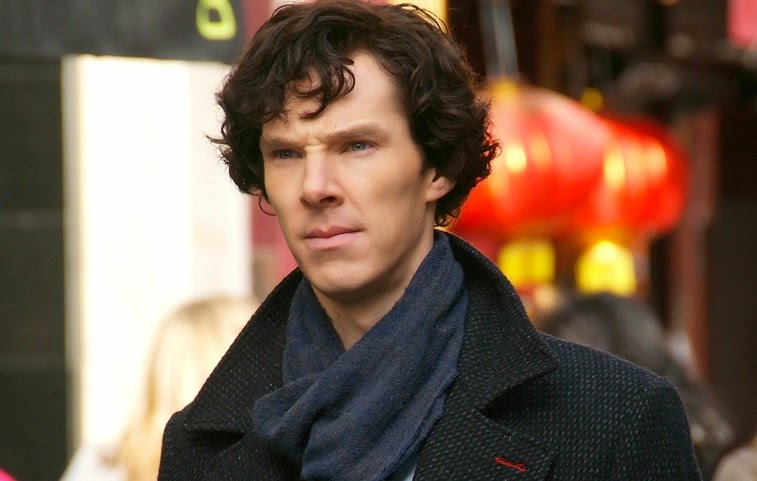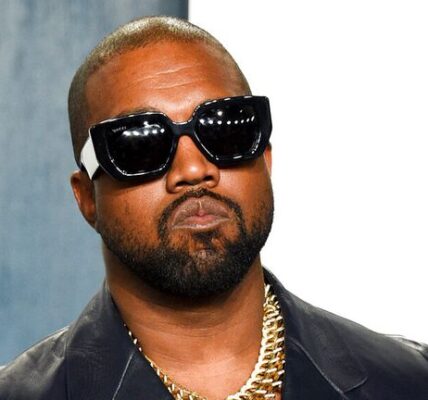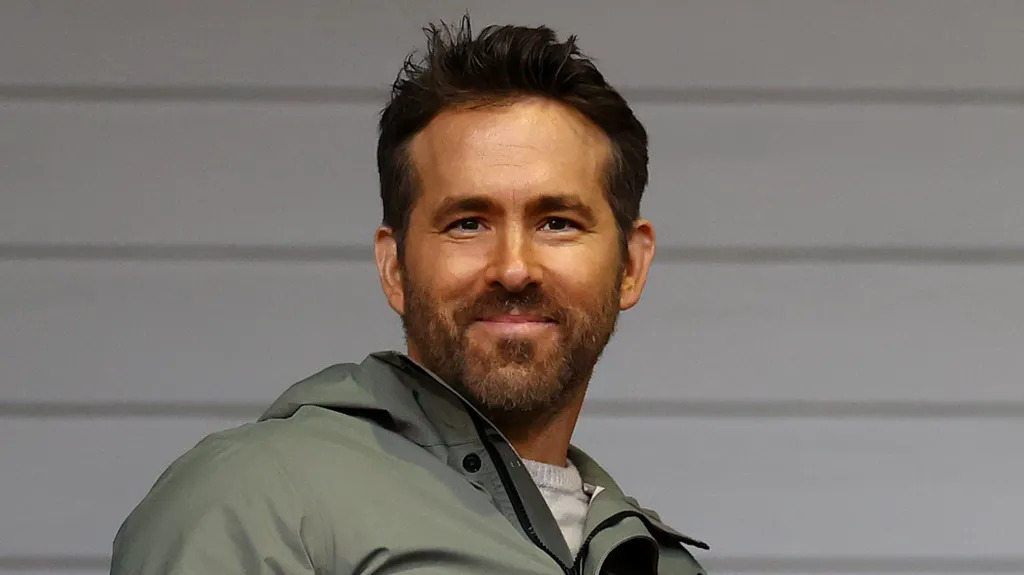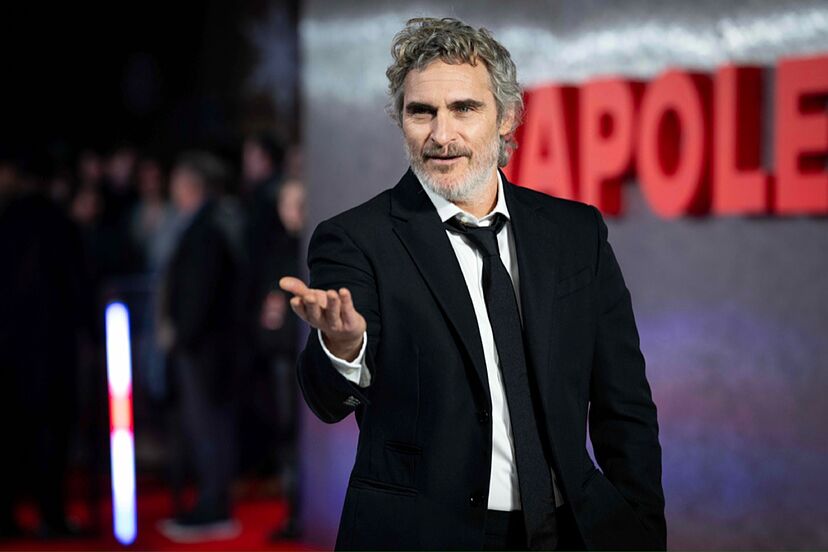Introduction
Benedict Cumberbatch is one of the most outstanding versatile actors of the 21st century. Having a deep, resonant voice, piercing blue eyes, and a presence commanding attention, Benedict Cumberbatch has become a household name all around the world. From a brilliant and eccentric detective in Sherlock to a morally complex war hero in The Imitation Game, and the mystifying Doctor Strange in the Marvel Cinematic Universe, Cumberbatch has shown the rare ability to breathe life into an array of complex characters.

Renowned for his meticulous preparation and transformative performances, Cumberbatch has earned critical acclaim, multiple awards, and the adoration of millions. Beyond his on-screen success, he is also an accomplished stage actor, a passionate philanthropist, and an advocate for social and environmental causes. This essay explores the life and career of Benedict Cumberbatch, from his early years and rise to stardom to his profound impact on modern cinema and culture.
Early Life and Education
Benedict Timothy Carlton Cumberbatch was born on July 19, 1976, in London, England, to actors Timothy Carlton and Wanda Ventham. Growing up in a household steeped in the performing arts, Cumberbatch was exposed to acting from a young age. Despite his parents’ concerns about the challenges of a career in entertainment, his natural talent and passion for the craft became evident early on.
Cumberbatch also attended two prestigious institutions; at first, Brambletye School followed by Harrow School-one of the oldest institutions in the country of England. In his Harrow, he enjoyed acting with participation in the activities of different productions, whereby he also featured in this school performance A Midsummer Night’s Dream: playing Titania, The Queen of the Fairies, whom many praise to the extent that it seemed natural playing such intricate characters.

After completing his studies at Harrow, Cumberbatch took a gap year, teaching English in a Tibetan monastery in Darjeeling, India. This experience profoundly influenced his worldview and instilled in him a sense of spirituality and compassion that continues to inform his personal and professional life.
He then read drama at Manchester University, where he gained further development, and finally, at London Academy of Music and Dramatic Art (LAMDA) is one of the most prestigious schools of acting for actors, so time gained there was classical and made strong enough to go on a long way toward stage, screen, or television work.
Early Career and Breakthrough in Television
Cumberbatch began his professional acting career with roles in British television and theater. Early appearances in series such as Heartbeat (2000), Tipping the Velvet (2002), and Silent Witness (2002) showcased his talent, though he remained relatively unknown to international audiences.
He received a breakthrough role in 2004, starring in the BBC television movie Hawking, in which he played young Stephen Hawking. His portrayal of the renowned physicist in his struggles and triumphs was nuanced and empathetic and earned him a nomination for a BAFTA TV Award. This marked the beginning of his reputation as an actor who could portray complex, real-life figures with authenticity and depth.
The Phenomenon of Sherlock
He also attained international stardom as Sherlock Holmes in the popular BBC television series Sherlock (2010–2017). Conceived by Steven Moffat and Mark Gatiss, this series is a remake of Sir Arthur Conan Doyle’s famous detective novels but placed in a modern scenario with Cumberbatch’s portrayal of Holmes: the mastermind, witty wordsmith, and socially awkward eccentric.

He did well playing Holmes, receiving critical acclaim for his portrayal of both brilliance and vulnerabilities that mark this character. Chemistry with his on-screen partner, Martin Freeman, who played Dr. John Watson, was perhaps the show’s defining element. During its four-season run, Sherlock received a slew of accolades and an avid following to make Cumberbatch a true international star.
Film Career and Critical Acclaim
With film, Cumberbatch transitioned into a series of critically acclaimed performances that demonstrated his range and versatility. He appeared in Steven Spielberg’s War Horse and Tomas Alfredson’s Tinker Tailor Soldier Spy in 2011, demonstrating his ability to excel in ensemble casts.
In 2013, he portrayed Khan Noonien Singh in Star Trek Into Darkness, delivering a compelling performance that blended intensity and sophistication. That year, he also played the role of Julian Assange, the founder of WikiLeaks, in The Fifth Estate. Although the film did not receive much acclaim, Cumberbatch’s performance was praised for its depth and complexity.
The Imitation Game (2014)
One of the most important roles Cumberbatch has played was in The Imitation Game (2014), where he portrayed Alan Turing, a mathematician and cryptanalyst who played a crucial role in cracking the Enigma code during World War II. The film explored Turing’s groundbreaking contributions as well as the discrimination he faced as a gay man in 1940s Britain.

Cumberbatch’s performance received universal acclaim, with the critics praising him for showing Turing as brilliant, vulnerable, and human. He won many awards for the role, including an Academy Award nomination for Best Actor. The film itself was a box office and critical success, further cementing Cumberbatch’s position as one of the finest actors of his generation.
The Marvel Cinematic Universe
In 2016, he became a part of the Marvel Cinematic Universe (MCU), playing the role of Doctor Stephen Strange, a brilliant, arrogant neurosurgeon transformed into a Master of Mystic Arts. Doctor Strange (2016) was an origin story into the character, combining magical visual effects with Cumberbatch’s charismatic performance.
He reprises this role in various MCU films; among these are Thor: Ragnarok (2017), Avengers: Infinity War (2018), Avengers: Endgame (2019), and Doctor Strange in the Multiverse of Madness (2022). Here, Cumberbatch brings to the hero genre the best of comedy, gravitas, and the human factor that makes it a darling in the increasing MCU universe.
Stage Career and Accolades
Besides his work in the silver screen, Cumberbatch received recognition for his stage performances. Notably, he appeared in many productions with the National Theatre and the Royal Shakespeare Company while displaying talent in classical and contemporary plays.
In 2011, he performed the roles of Victor Frankenstein and the Creature in Danny Boyle’s production of Frankenstein at the National Theatre. He alternated the roles with fellow actor Jonny Lee Miller; the performance earned him the Olivier Award for Best Actor.

In 2015, he starred in the role of Hamlet in Lyndsey Turner’s production at the Barbican Centre in London. His performance as the troubled Danish prince was widely acclaimed, as critics praised his ability to bring fresh emotional depth to one of Shakespeare’s most famous characters.
Humanitarian Efforts and Activism
Cumberbatch is an ardent supporter of social and environmental causes. He has supported organizations like Save the Children, the Prince’s Trust, and the Motor Neurone Disease Association. He has also spoken out for refugees and displaced communities and has used his platform for issues of global importance.
As an environmental advocate, Cumberbatch has been outspoken about the need for sustainable practices and policies. He has participated in campaigns to raise awareness about climate change and has urged governments and individuals to take meaningful action.
Personal Life
In 2015, Cumberbatch married theater and opera director Sophie Hunter. The couple has three children and keeps a relatively private family life. Cumberbatch has often spoken about the grounding influence of his family, emphasizing the importance of balancing work and personal commitments.

Cultural Impact and Legacy
There is no doubt that Benedict Cumberbatch is a great influence on modern cinema and culture. From diverse roles to different genres, he has continuously made efforts to push the boundaries of his craft, winning hearts of both audiences and critics alike. His dedication to his art, combined with his philanthropic efforts, has made him a role model and an inspiration to many.
Conclusion
The story of Benedict Cumberbatch is from being a young actor in London to an internationally celebrated star; he proves talent, hard work, and commitment to excellence. Whether it is playing a troubled genius, a mythical sorcerer, or a Shakespearean prince, Cumberbatch brings authenticity and depth to every performance, leaving an indelible mark on the world of entertainment.
As he continues to take on challenging and diverse roles, Benedict Cumberbatch remains a true master of his craft, embodying the very essence of what it means to be a transformative and influential actor. His legacy is one of artistry, compassion, and a profound ability to connect with audiences across the globe.





